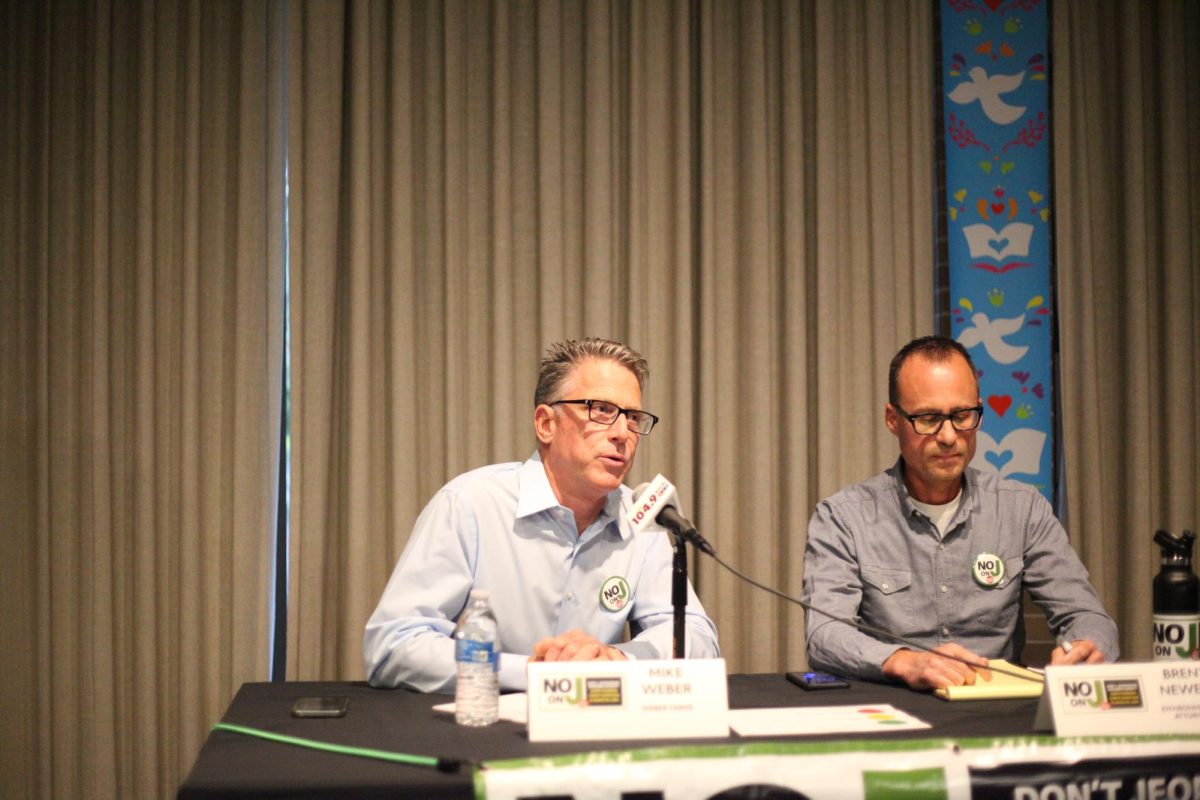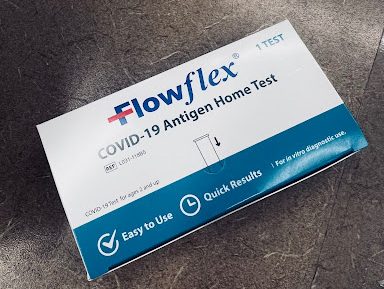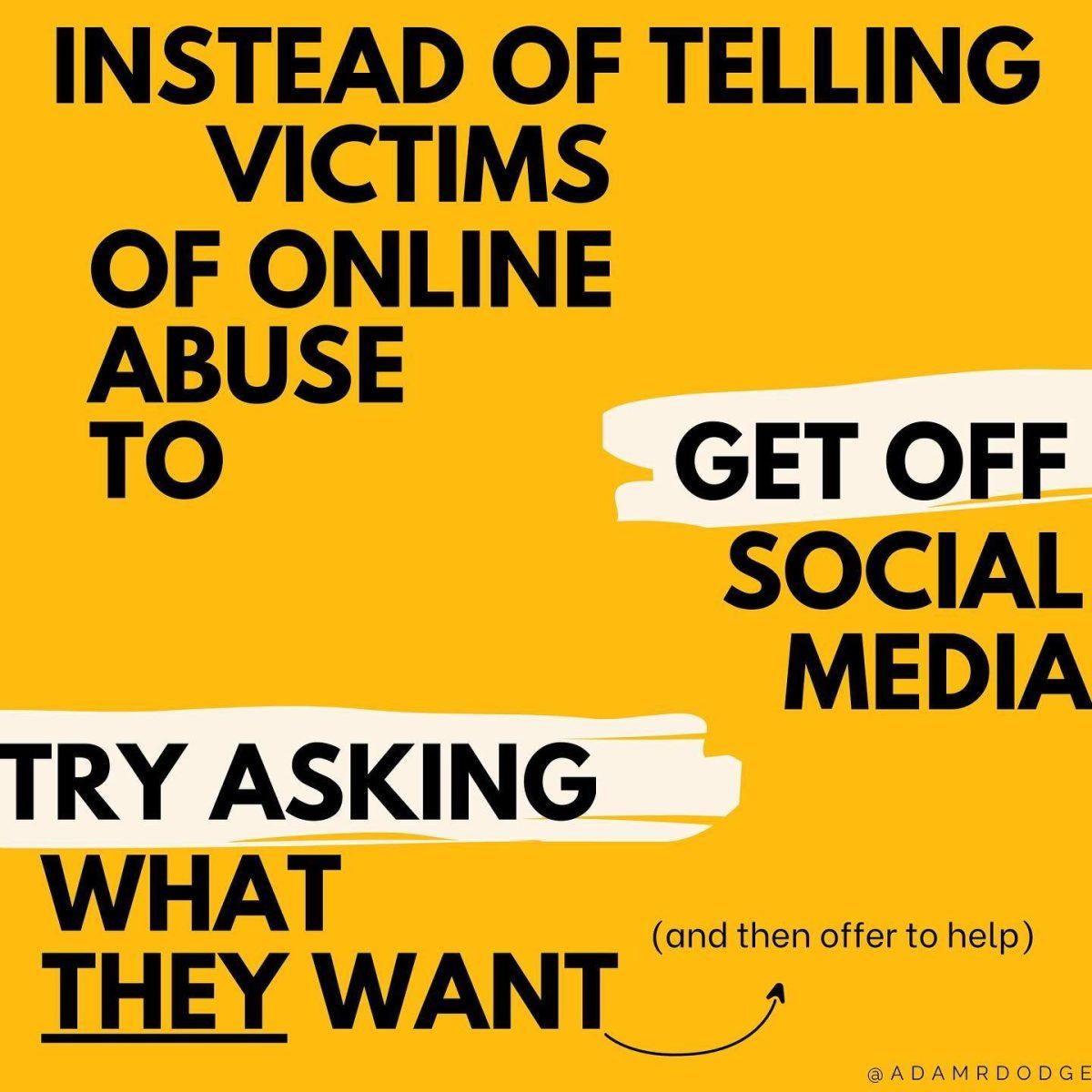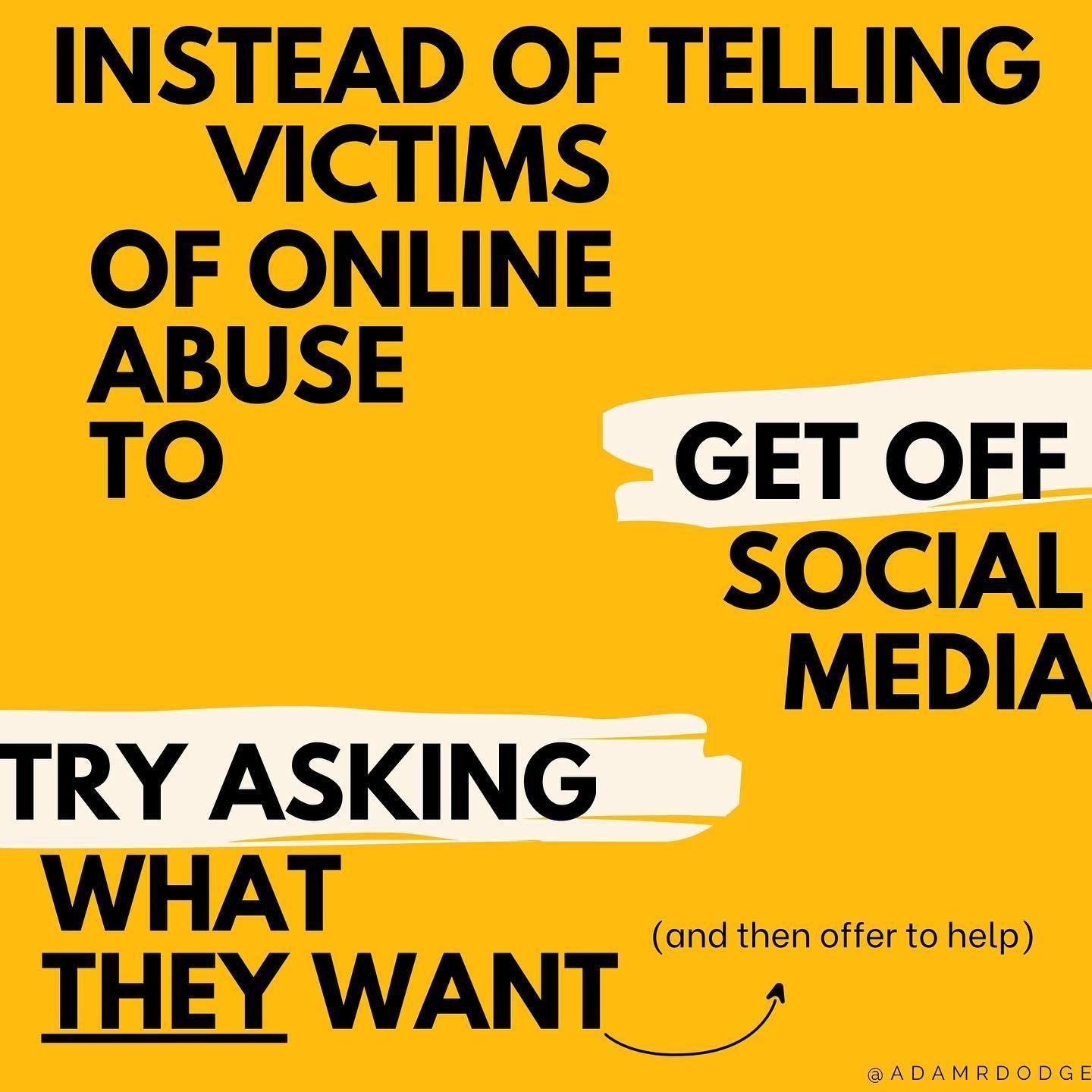When people think of stalking or what it means to have a stalker, they usually think of someone who hides in the dark without trying to be noticed. What many people don’t realize is that stalkers are now able to do these things from the comfort of their home without ever having to even step a foot outside.
On Jan. 26, Seawolf Living hosted an online seminar on digital stalking called “Staying Safe When Stalking Goes Digital”. The event was presented by guest speaker and founder of EndTAB (Ending Tech-Enabled Abuse), Adam Dodge.
Dodge’s purpose in speaking at this seminar was “to get people to start to look at their physical safety and digital safety as the same” by exploring different ways to prevent and respond to the potential dangers that technology and social media pose.
Dodge’s hour-long presentation dove deep into stalking and the red flags that are presented during this new era of social media. His presentation included many different definitions and examples of threats posed by technology which include cyberstalking, hate speech, revenge porn, hacking and more.
This new digital world has made it extremely easy for people to access one’s most basic information without them even knowing. Computers store information about the websites you visit and messages or emails can be retrieved. Cell phones can be used to track your location and retrieve call and text history.
Online stalking is extremely easy to do and people face little to no repercussions because they are behind a screen without having to worry about an in-person confrontation.
“When stalking goes digital it’s often more harmful. Things are permanent when they go online, so posting things, making threats, or doing all these things online aren’t just a moment of time and then we move past it. It’s permanently etched on the internet,” said Dodge
Dodge defined being “digitally safe” as a checklist of three separate things. The first is access, where one must be able to access their devices, accounts and the internet freely. The second is control where one must have total control over all of their devices and accounts. The third is existence where one must be able to be themselves on the internet without having any fear. If you don’t have all three then you can’t confidently say that you are digitally safe and is a signal of a deeper issue that should be explored.
Dodge additionally introduced a website called https://haveibeenpwned.com where you can type in your email address accounts and see if it has ever been leaked through a data breach. In data breaches, people can gain access to all of your personal information, including passwords. This becomes a problem if you use the same password for multiple accounts because hackers now have access to these accounts without you even knowing.
“I think what hit differently for me is that kids and adults are making decisions online that they would never make in person. We need to be as aware about digital safety just as much as we are about physical safety”, said Mo Phillips, director of student involvement.
Some resources for students who may be experiencing online stalking include Sonoma State’s OPHD (Office for the Prevention of Harassment & Discrimination), the Confidential Advocacy and SSU’s campus police.
COURTESY //@ADAMRDODGE ON INSTAGRAM
KNOWING HOW TO KEEP YOURSELF DIGITALLY SAFE CAN SAVE YOURSELF FROM ONLINE ABUSE, BEING HACKED AND MORE.



































